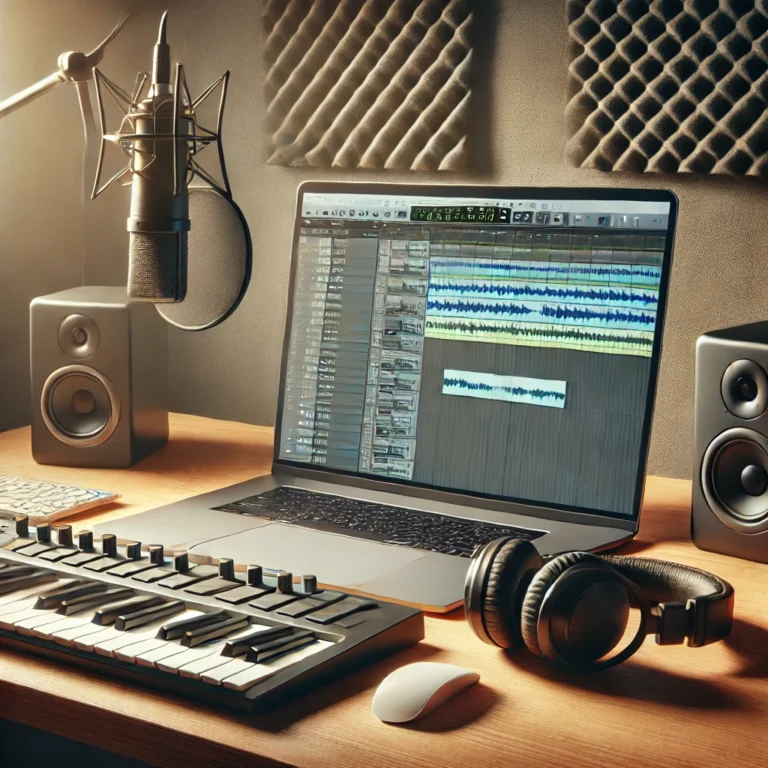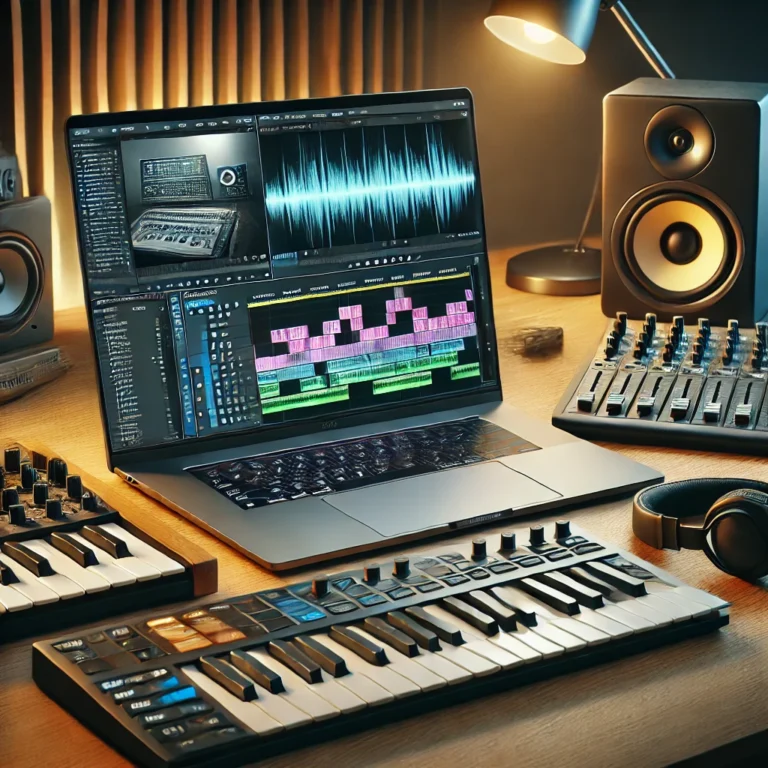The Best Laptop for Data Science Students: Top Picks for Performance and Productivity
Choosing the right laptop as a data science student can feel overwhelming. With data-heavy tasks like programming, machine learning, and statistical analysis, you need a machine that offers both power and flexibility. The ideal laptop should handle complex calculations, large datasets, and demanding software without compromising speed or efficiency. Below are three highly recommended laptops designed to meet the unique needs of data science students.
Student Laptop 15.6″ Full HD Review
The Student Laptop 15.6″ Full HD offers an excellent balance of performance and affordability. Equipped with 512GB SSD storage and 12GB DDR4 RAM, this laptop ensures fast data processing and multitasking — both essential for data analysis work.
Powered by the Intel Jasper Lake N5095 processor, this laptop handles common data science tools like Python, R, and Jupyter Notebook with ease. The AMD Radeon Graphics card supports visualizations, making it ideal for students who rely on graphical insights.
The numeric keypad is a bonus for those frequently working with data entry or spreadsheet manipulation.
Key Features
- 15.6″ Full HD display for clear visuals
- 512GB SSD storage for faster data access
- 12GB DDR4 RAM for efficient multitasking
- Intel Jasper Lake N5095 processor for solid performance
- Numeric keypad for convenient data entry
2025 Laptop Computer 14″ FHD 1080p Review
For data science students looking for a compact and portable solution, the 2025 Laptop Computer 14″ FHD 1080p is a fantastic choice. Its 8GB DDR4 RAM and 256GB SSD provide enough power to handle coding environments, data visualization tools, and productivity software.
With Windows 11 Pro pre-installed, this laptop supports enhanced security features — crucial for protecting sensitive data science projects. Its Intel Celeron processor offers sufficient speed for statistical computing and analysis.
This laptop’s lightweight build makes it easy for students to carry between classes, labs, and libraries.
Key Features
- 14″ Full HD display for sharp visuals
- 256GB SSD for fast file storage and access
- 8GB DDR4 RAM for efficient computing
- Intel Celeron processor for reliable performance
- Windows 11 Pro for enhanced security and features
Windows 11 Slim Student Laptop Review
The Windows 11 Slim Student Laptop is designed for students who demand both power and versatility. Featuring 512GB SSD storage and 12GB DDR4 RAM, this laptop offers ample space for large data sets and smooth multitasking.
Powered by the Intel Jasper Lake N5095 processor, this laptop is well-suited for data science applications such as TensorFlow, Pandas, and Scikit-learn. Its Wi-Fi 6 support ensures fast and stable connectivity for cloud-based platforms like Google Colab or AWS.
The numeric keypad is an added benefit for working with large volumes of data.
Key Features
- 15.6″ Full HD display for clear, detailed visuals
- 512GB SSD for quick data storage and retrieval
- 12GB DDR4 RAM for improved multitasking
- Intel Jasper Lake N5095 processor for efficient performance
- Wi-Fi 6 for fast and stable internet connectivity
Which Laptop Is Best for Data Science Students?
The best laptop for data science depends on your specific needs. If you’re handling large datasets or complex machine learning models, the Windows 11 Slim Student Laptop offers the best combination of power and storage. For students seeking portability, the 2025 Laptop Computer 14″ FHD 1080p is lightweight yet powerful. Meanwhile, the Student Laptop 15.6″ Full HD strikes a balance between affordability and performance, making it ideal for general data science studies.
With any of these options, you’ll have a capable machine that supports your journey in data analysis, coding, and visualization.







